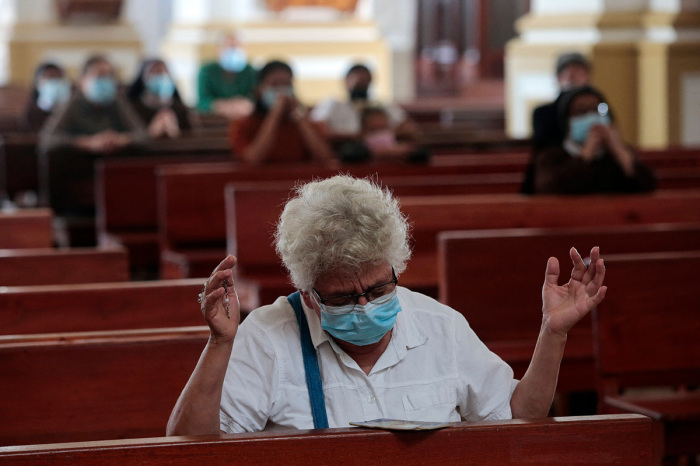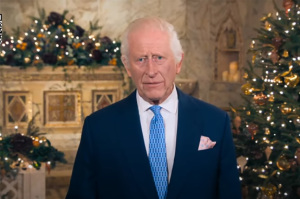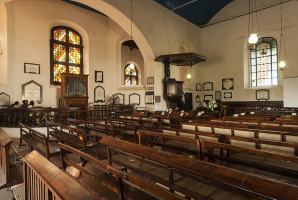Nicaragua churches, Evangelical alliance among 169 civil society groups closed in latest regime crackdown

Scores of Protestant churches and the Nicaraguan Evangelical Alliance are among 169 civil society organizations that have been stripped of their legal status in the latest regime crackdown, as announced by the Nicaraguan government. This comes just weeks after the cancellation of the legal registration of 1,500 nonprofit organizations, including churches.
This sweeping move, announced Thursday and led by President Daniel Ortega and Vice-President Rosario Murillo, brings the total to 5,552 organizations cancelled since 2018, said the U.K.-based group Christian Solidarity Worldwide.
Historic Protestant denominations such as the Episcopal Church of Nicaragua and the Moravian Church of Nicaragua are among those affected. Both churches, with roots going back as far as 1612 and 1847, respectively, have been pillars in the South Caribbean Autonomous Region, providing education and other community services in areas predominantly populated by indigenous and Afro-descendent people, CSW said.
Further, the First Baptist Church of Managua, established in 1917 and known for its extensive community services, including schools, a seminary, a hospital and a radio station, also had its legal status revoked, according to the Gazette.
Lesser-known religious entities like the Shalom First Presbyterian Church of Nicaragua, the Gospel Eternal Message of the Three Angels Adventist Church, and the Christian Reformed Church of Nicaragua, all established within the last few decades, have similarly faced cancellation.
The government has declared that all properties associated with these organizations, including buildings and land, will now be transferred to state control, continuing a pattern of property seizures that have previously benefitted the Nicaraguan Army and the Nicaraguan Social Security Institute.
CSW’s Head of Advocacy Anna Lee Stangl expressed serious concerns about these developments, urging the international community “to do the same.”
“The arbitrary cancellation of historic and diverse religious associations is, in many cases, leaving their members with nowhere to gather for religious purposes, but they are not the only people who will be affected,” she said. “We are also highly concerned about the impact on the thousands of children and adults who interacted with the schools, and other institutions, like hospitals, run by these organizations.”
Traditionally, the Ortega government primarily targeted the Roman Catholic Church, particularly in regions where church leaders openly criticized human rights violations. The recent closures, however, mark a notable broadening of this policy to include Evangelical churches, which had previously been minimally engaged in political activities.
A June report by the U.S. Commission on International Religious Freedom detailed increasing repression, including surveillance and threats at church services. High-profile cases like the exile of seven Catholic priests to Rome reflect the tense relationship between the state and religious leaders, particularly those like Bishop Rolando Álvarez of Matagalpa, who has been a vocal critic of the government.
The United Nations Human Rights Office has described the actions of the Nicaraguan government as “deeply alarming,” with significant concern over the erosion of civic space and religious freedoms in the Central American country.
The ongoing crackdown is part of a pattern under President Ortega, who secured a controversial fifth term in 2021. The ruling regime of the far-left Sandinista National Liberation Front has been marked by the suppression of opposition, with numerous political candidates, journalists and activists arrested under ambiguous national security laws.





























